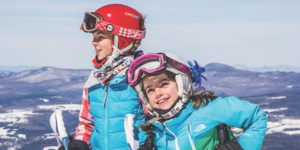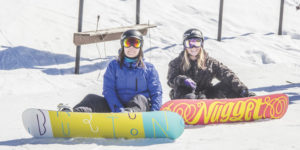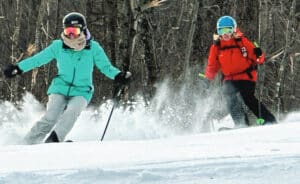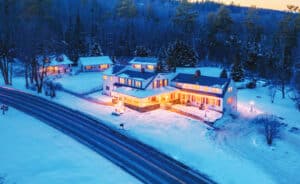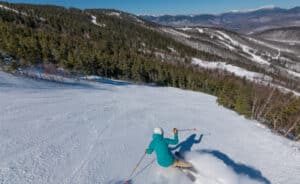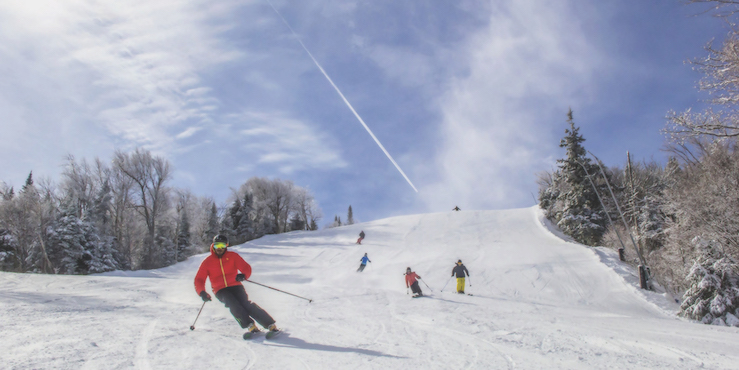
Feeling stuck? Feeling plateaued? Frustrated that no matter how many days you’re out there skiing you just can’t seem to break through to “the next level”?
Cut yourself a little slack.
“Skiing is fun!” says Drew Downing, snowsports manager at Burke Mountain Resort in East Burke, Vt. “Anyone getting enjoyment coming down the hill safely is doing it right.”
Downing leads Burke’s independent ski and ride school with a staff of instructors ranging in age from 14 to 80. Their focus, he says, mirrors industry benchmarks. “But we certainly celebrate unique and individual efforts. Games and drills with a purpose. We prioritize safety, fun and good content on snow.”
